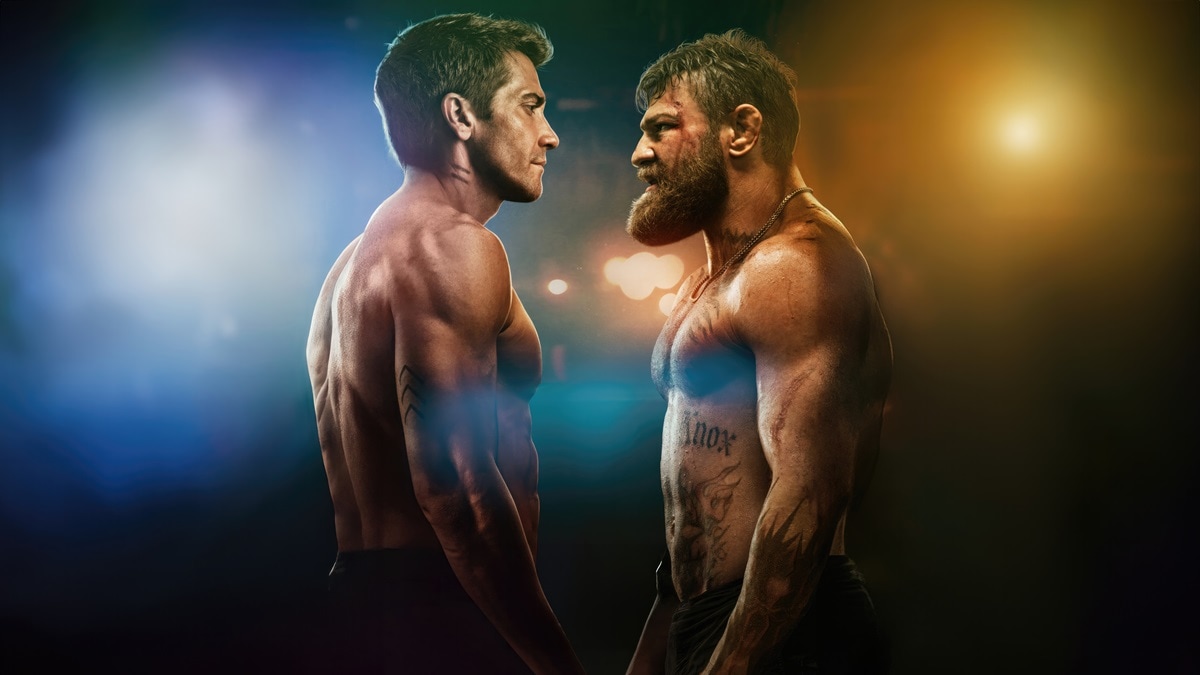Road House: Jake Gyllenhaal's Remake Reclaims The Highway To Hell
This is #CineFile, where our critic Rahul Desai goes beyond the obvious takes, to dissect movies and shows that are in the news

Promotional still for Road House, 2024

